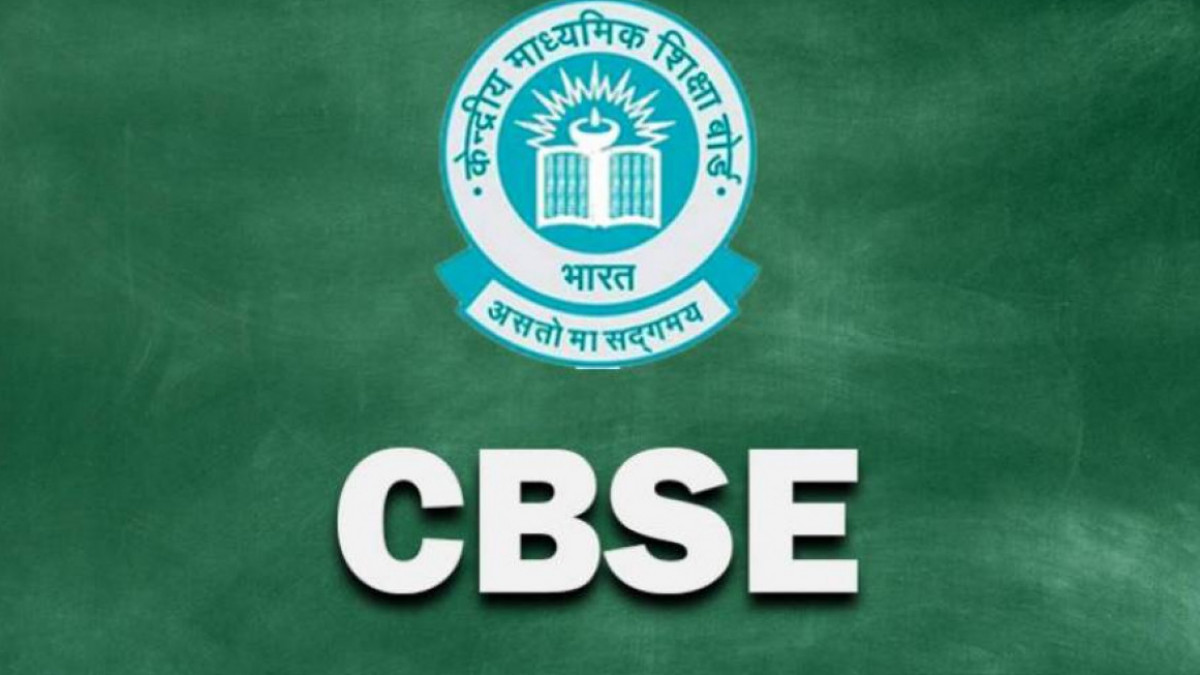 Image Source: OdishaTV
Image Source: OdishaTV
A sweeping new directive by the Central Board of Secondary Education (CBSE) has ignited a national debate on India's children's health and the role of schools in inculcating lifelong food habits. The board's newest initiative—requiring the fitting of 'Sugar Boards' in all board-affiliated schools—seeks to counteract the alarming increase in type 2 diabetes, obesity, and other diet-related disorders among children by checking excessive consumption of sugar and ensuring healthier diets.
What Is the 'Sugar Board' Initiative?
According to the new guidelines, all CBSE-associated schools will have to install visually interactive 'Sugar Boards' within school premises. These boards will:
-
Show the daily sugar limit for children.
-
Emphasize the sugar content of foods and drinks people consume regularly.
-
Inform about the health hazards of high sugar intake, such as diabetes, obesity, and tooth decay.
-
Recommend healthier alternatives for sugary items.
Schools must also conduct awareness seminars and workshops among students, teachers, and parents and reconsider canteen menus and birthday parties—excluding high-sugar foods and avoiding the handing out of sweets and chocolates.
Why Now? The Health Crisis Behind the Move
Recent findings from the Indian Council of Medical Research (ICMR) and CBSE indicate an alarming trend: Type 2 diabetes, a disease that was earlier viewed as being for adults, is now infecting 1–2% of urban Indian children in the 10–19 age group, with as much as 3–4% in certain metropolitan cities. Research indicates that children in the age range of 4–10 years receive approximately 13% of their total daily calorie intake from sugar, and 11–18 year olds consume as much as 15%—dwarfing the World Health Organization's maximum target of 5%.
Experts hold the ready availability of sugar-laden snacks, drinks, and processed foods in school premises, combined with lack of physical activity, responsible for this crisis. The CBSE's move, following a call by the NCPCR, comes as a welcome attempt to turnaround these patterns.
Voices from the Frontlines
School principals and nutritionists have overwhelmingly greeted the decision. Shalini Nambiar, Director of Schools at Seth Anandram Jaipuria School, Ghaziabad, highlighted the need to eliminate high-sugar foods from school cafeterias and make the whole school community aware of the risks of added sugar. Vijay Sreedhar, Culinary Head at Orchids The International School, pointed out that the order asserts the significance of food as the groundwork of learning and health.
Nutritionists emphasize that schools have a decisive role to play when it comes to influencing children's diet, given that students tend to have two meals a day on school premises. Suneetha Rao, senior nutritionist at NU Hospitals, Bengaluru, emphasized offering healthy, delicious food options information and encouraging kids to carry home-made food that is nutritious.
The National Debate
Though the CBSE's 'Sugar Board' project has been hailed as a welcome wake-up call, it has also sparked controversy about the roles of schools, parents, and policymakers in addressing the wider issues of children's nutrition and lifestyle. It is viewed by many as a cultural revolution, away from treating children to sweets and towards creating an appreciation for food as fuel for long-term health.
Sources: India Today, India TV News, Pratidin TV, Times of India, CNBC TV18
Advertisement
Advertisement







